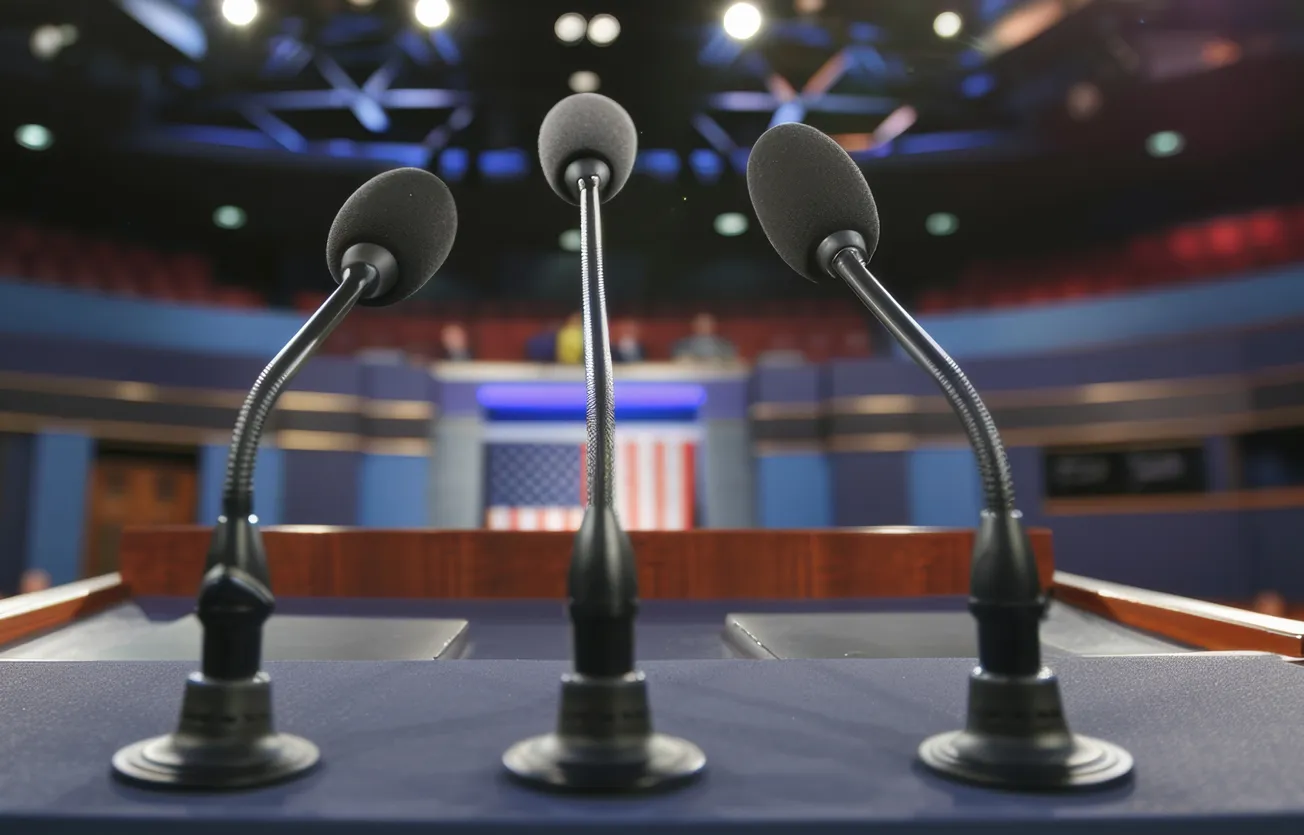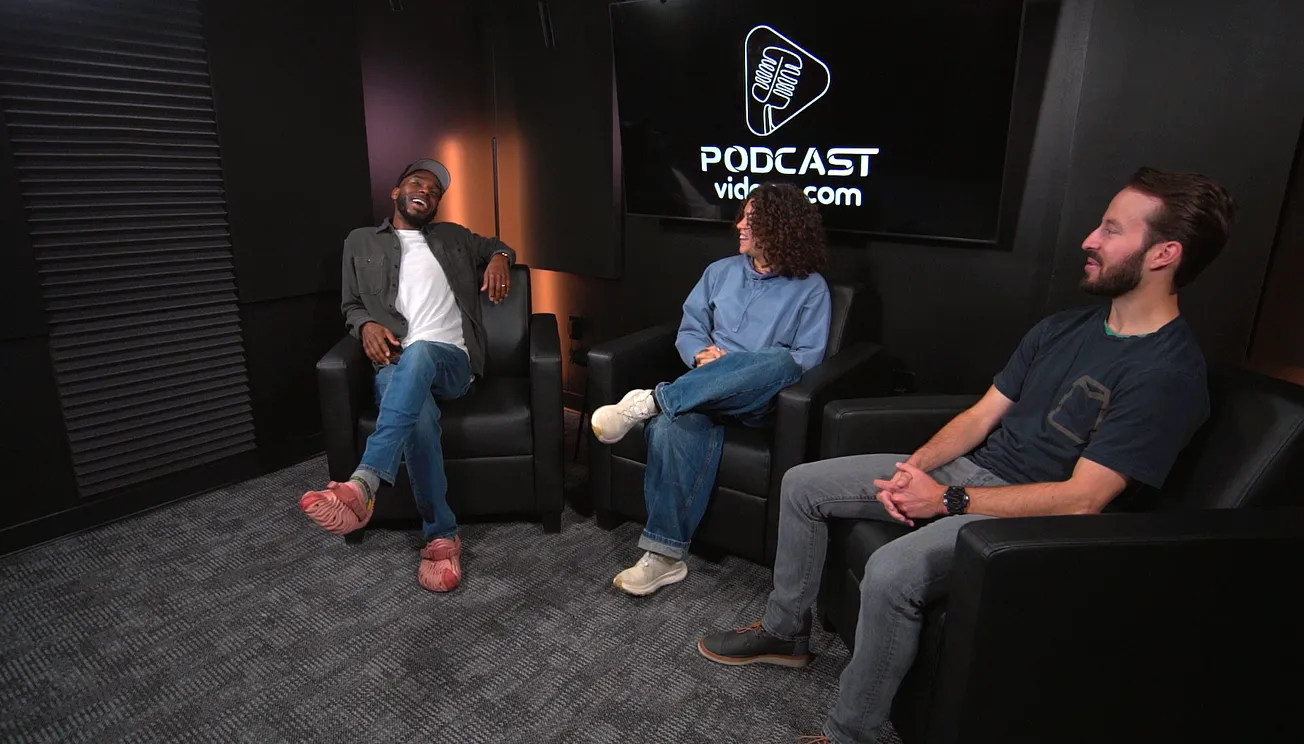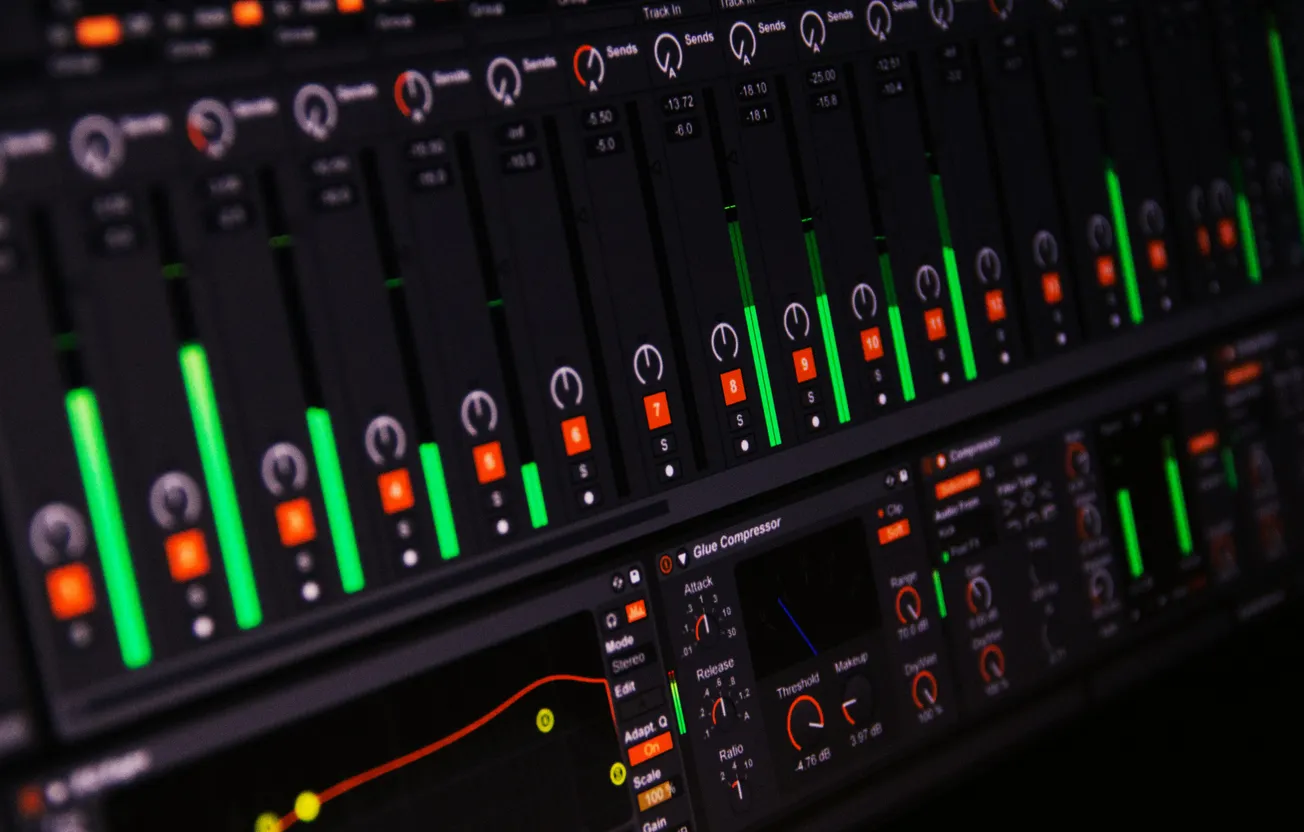In June 2025, conservative podcast and radio host Mark Kaye announced his candidacy for Florida’s 5th Congressional District.
Known for The Mark Kaye Show, a daily program that blends political commentary with satire, Kaye has long positioned himself as a critic of mainstream media, liberal policies, and what he describes as “wokeism.”
His decision to enter the political arena reflects more than a personal career shift—it symbolizes a broader transformation in how political influence is cultivated in the digital age.
Kaye’s campaign marks a continuation of a trend that surged during the 2024 U.S. elections, when podcasts evolved from fringe commentary hubs into central channels for political communication, persuasion, and even candidacy.
His congressional run illustrates how podcasters are not only shaping political narratives but increasingly participating in the electoral process themselves.
The 2024 Elections: Podcasts as Political Stages
The 2024 presidential election cycle demonstrated that podcasts had become vital political battlegrounds. Rather than relying solely on traditional news outlets, candidates sought opportunities to engage directly with specific audiences through podcast interviews.
Vice President Kamala Harris appeared on Call Her Daddy, a show primarily known for lifestyle and relationship content, to speak to young women about abortion rights, gender equity, and civic participation. Her appearance on such a platform was widely interpreted as a strategic attempt to reach millennial and Gen Z voters through a medium they trust and engage with regularly.
Former President Donald Trump and members of his campaign likewise embraced podcasting as a means to circumvent conventional media filters.
Podcasts with conservative audiences, including The Joe Rogan Experience, were viewed as valuable outlets for shaping narratives and testing rhetoric. Joe Rogan, whose show draws millions of listeners per episode, hosted numerous political figures during the election season and frequently commented on public health policy, free speech, and government accountability.
Though Rogan himself did not endorse candidates, his guests and discussions often influenced public discourse.
This shift highlighted the growing perception of podcasts not just as media tools, but as strategic campaign infrastructure—capable of delivering extended, unfiltered, and highly targeted political messaging.
From Commentary to Candidacy: A Blurred Divide
Kaye’s entrance into congressional politics mirrors other figures who have moved from commentary into government roles.
Dan Bongino, a former Secret Service agent and host of The Dan Bongino Show, was appointed Deputy Director of the FBI in early 2025 by the Trump administration.
Though the appointment raised concerns about partisanship and credentials, it underscored the increasing clout of podcasters in conservative political circles.
Even hosts not pursuing elected office have used their platforms to shape national dialogue. Alex Cooper, by shifting her podcast’s scope to include serious political interviews, expanded its cultural and political relevance.
Rogan, meanwhile, has facilitated wide-ranging conversations with figures across the political spectrum—from presidential candidates to contrarian scientists—offering a forum for ideas outside the parameters of traditional broadcast journalism.
These examples underscore how the line between media personality and political actor continues to erode. Podcasts offer more than visibility; they provide a proving ground for political leadership and public trust.
Global Parallels: International Podcasters Enter the Arena
This trend is not limited to the United States.
In the United Kingdom, Konstantin Kisin, co-host of the podcast Triggernometry, has emerged as a significant voice in public policy debates. Known for his libertarian views and critiques of identity politics, Kisin has hosted British politicians and international commentators, becoming a de facto thought leader among audiences seeking alternatives to mainstream narratives.
While not a candidate himself, his influence has placed him squarely within the country’s ideological discourse.
In India, Prime Minister Narendra Modi’s hour-long appearance on American podcaster Lex Fridman’s show signaled the format’s international reach and strategic value.
Modi, typically reserved in press interactions, used the episode to discuss Indian democracy, criticism, and global leadership.
The decision to engage with a foreign podcast instead of domestic media suggested a growing recognition that global podcast platforms can humanize and amplify a leader’s message beyond national borders.
The Mechanics of Influence: Why Podcasts Matter
Podcasts have grown in popularity because they provide a unique blend of reach, authenticity, and depth. Unlike broadcast television or social media clips, podcasts allow for long-form, unedited conversations.
This format fosters a sense of trust between host and listener, giving political figures the opportunity to delve into nuanced discussions without time constraints or journalistic interjection.
Moreover, the distribution model of podcasts—on-demand, subscription-based, and often community-driven—gives politicians and commentators access to highly segmented audiences.
Whether targeting young professionals, libertarians, religious conservatives, or progressive activists, podcasts offer a way to speak directly and personally to voters, often outside of echo chambers.
This model not only supports message discipline and audience alignment but also encourages rapid feedback and adaptation. Listener engagement, through comments, ratings, or social sharing, helps hosts and guests gauge public response and adjust their approaches accordingly.
A New Path to Power
Mark Kaye’s candidacy may represent a personal ambition, but it also reflects a systemic shift.
As the 2024 election cycle made clear, podcasts have emerged as more than media formats—they are platforms for influence, mobilization, and political ascent. The path from podcaster to policymaker, once unlikely, is now increasingly viable.
This development raises new questions about media literacy, political gatekeeping, and the boundaries between entertainment and governance. It also underscores the democratization of political discourse, where traditional credentials are no longer the sole pathway to electoral legitimacy.
In the age of digital media, the power to shape public opinion—and perhaps win votes—may rest in the hands of those who can build an audience and carry a conversation. Podcasts, it seems, are not just broadcasting political change; they are becoming its architects.







